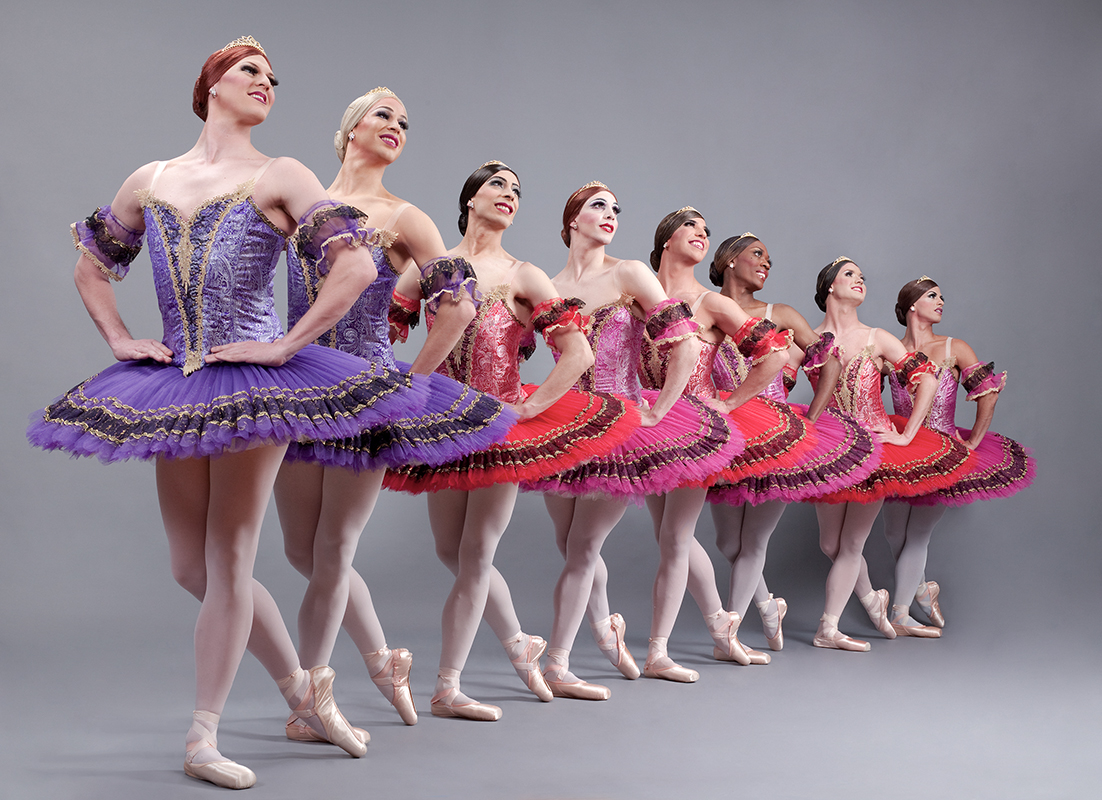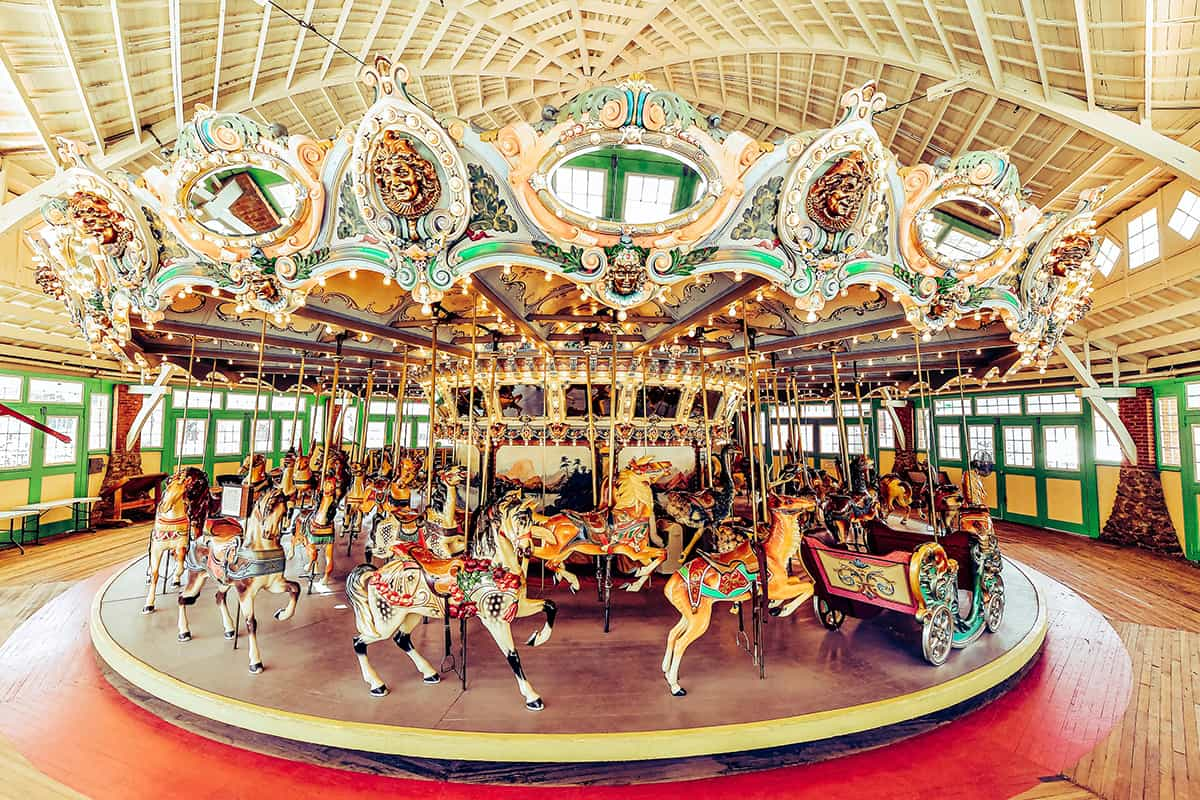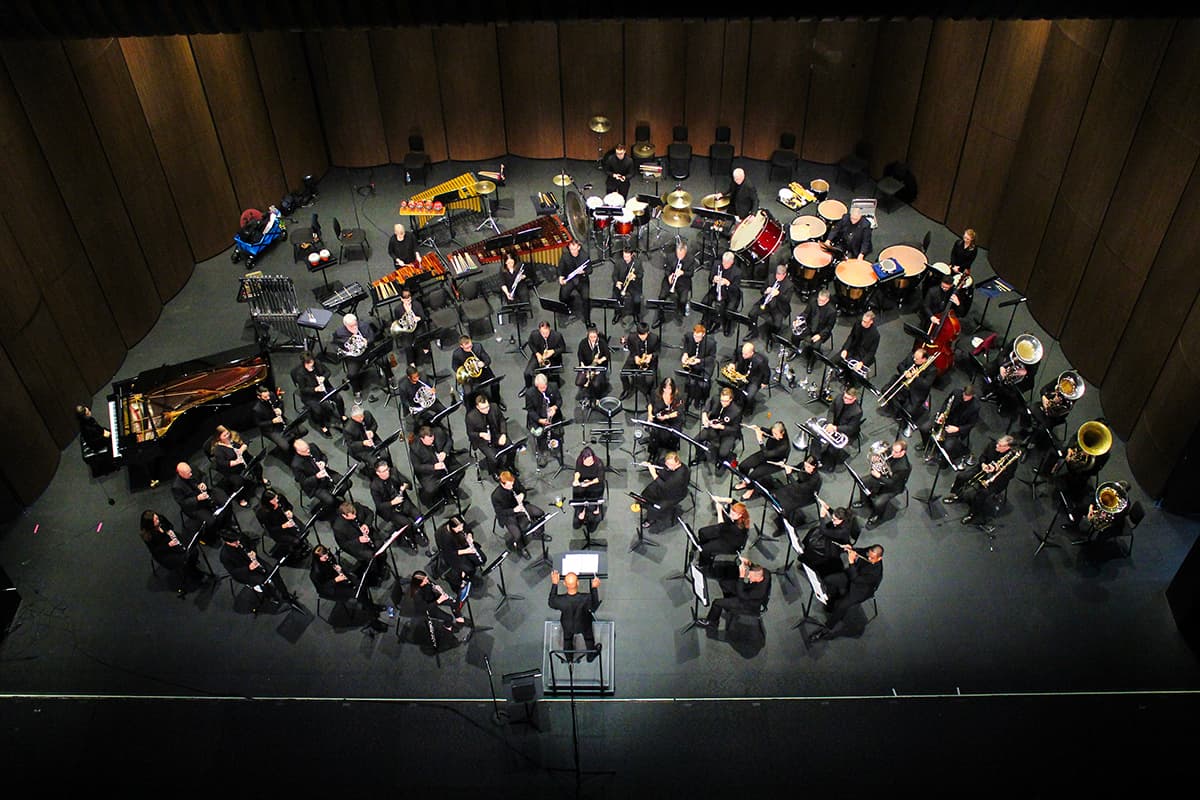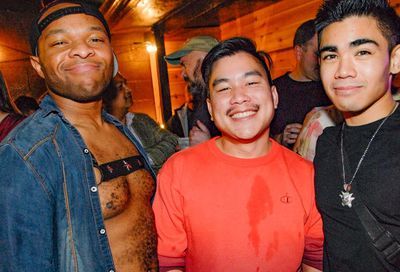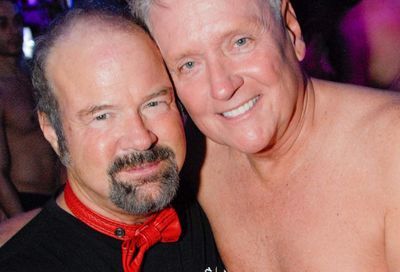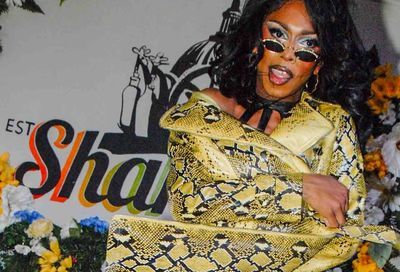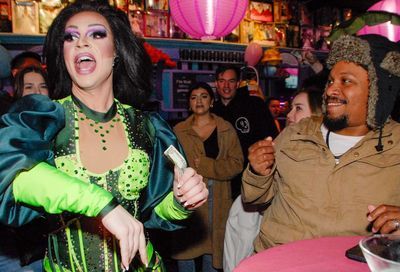“Side Show” scribe Bill Russell aims to portray the humanity in those who are different

Photo by Cade Martin
MW: One of the things I think is notable about the show is that it documents a part of American entertainment history that is solidly in the past. Of course we still have our sensational tabloid shows and shock-value-type productions, but we’ve also progressed in a way.
RUSSELL: Well, in a way. But you know a lot of television is a sideshow, if you ask me. A lot of celebrity and celebrity worship is that. When Side Show was first on Broadway, I was asked, “Why write about sideshows? That’s such a thing of the past.” And I said, “Please! Michael Jackson is dangling his baby over a balcony in Germany. We’re surrounded by sideshows all the time.” And a lot of television exploits that kind of thing. The Jerry Springer Show always had conjoined twins on. So I guess we’ve progressed in certain ways, but in other ways there will always be a fascination with people who are wildly different from ourselves.
MW: What was it that inspired this new production? And how does it differ from the 1997 original?
RUSSELL: It was really Bill Condon coming on board. There’s been a lot of interest, ever since the Broadway production, of doing a revival, and we were really interested in just doing the show again. Henry had a very good experience with Bill on the movie Dreamgirls, and we knew he liked Side Show a lot. He had seen it twice on Broadway and twice in Los Angeles.
The original production was very minimalistic. And it didn’t have the period feel that this production has. The historical era. It was a bit more abstract. The ensemble started out as ordinary people in the ’30s at the sideshow, and then they transformed into the attractions. But not as literally, it was more suggested in that production. So this is more realistic in a lot of ways.
MW: Do you feel like the revival is getting a better reception than the show did the first time around?
RUSSELL: The first time around it was very well-received. Audiences were very enthusiastic, and people came back again and again. But I do feel that the show, as a vehicle, is much stronger in this incarnation, and plays more strongly as a story. I think the narrative momentum of it is stronger and that affects audiences. The audiences at the Kennedy Center have been so uniformly enthusiastic. And you can just feel them sitting on the edge of their seat, listening to every syllable, every note of music. And responding so positively.
MW: As an interesting side note, the other big musical at the Kennedy Center right now is The Lion King — and both shows played in the same season in their original New York productions.
RUSSELL: That was a very hard season. You know, that fall — musicals on Broadway don’t typically open in the fall, so we thought with a fall opening we’d sort-of have it all to ourselves. But in that particular year seven musicals opened in the fall, including Ragtime and Lion King, both of which had producers with very deep pockets. Had we been able to hang in there, I think we would have found an audience, but we just didn’t have — our producers were fantastic, but they didn’t have the kind of money to make that possible.
MW: You’ve already said you identify with Side Show because you felt so different from those around you growing up. When did you realize you were gay?
RUSSELL: Well, I knew I was attracted to men fairly early, but I really fought that with everything I could. I didn’t come out until I was 23. But I knew, I knew. And because of that I felt very different. I was feminine, and I took a lot of shit in high school because of that. And I wasn’t into sports. And yet I was a leader in a way. I was president of my church group and the French club and on student council. So I was very visible, which made that even worse in a way. But I did grow up in a super-macho atmosphere, and I knew that I had no interest in what my family did, which was raise cattle. I didn’t want to go hunting. I wasn’t into sports. None of that. I felt really odd.
MW: When did you develop your interest in theater and writing?
RUSSELL: [Laughs.] South Dakota is not exactly a hotbed of theater. But for some reason I was bitten by the theater bug at a very early age. When I was in second grade, I wrote and directed a version of Cinderella with all my friends in it. A lot of kids do that kind of thing, but I think what was different about me, was that I talked every teacher in the elementary school into letting out class to come see my show. And they did!
And though there isn’t a lot of theater in South Dakota, I grew up in a town called Spearfish. It’s in the Black Hills. I was actually born in Deadwood, like Wild Bill Hickok and Calamity Jane — that Deadwood. And Spearfish was the home of the Black Hills Passion Play, which was performed there every summer for at least 60 years, maybe longer. It was started by a German guy named Joseph Meier, who modeled it on the Oberammergau Passion Play. And it was in an outdoor amphitheater that seated 5,000 people. The stage is three and a half blocks long. There’s a real chill when they crucified Jesus, and the area is a big tourist area. It’s 50 miles from Mount Rushmore. So when I was growing up, a lot of tourists from the Midwest would go to Mount Rushmore in the morning, when the light is best on it, and then end up in Spearfish for the Passion Play at night. It ran three nights a week. And they had a cast of 20 professional actors, but then it was supplemented by 200 extras, who were local people, coordinated by different churches. And so I appeared in that from the time I was five years old, starting as a child that Jesus blessed in the Garden of Bethany. And then I led a whole herd of sheep. I graduated to leading Arabian horses, then camels. And I was in that all through high school. And there were all these professional actors, and it was a real backstage life. I really grew up in that.
MW: Did you perform in it as a professional actor, too?
RUSSELL: No, no.
MW: Do they still do it?
RUSSELL: No, it closed within the last 10 years. The guy who ran it died. He had been playing Jesus until he was 83 years old, hanging up on the cross. His daughter is quite a well-known opera singer, Johanna Meier, and she took over running it. But the world had changed. It wasn’t selling like it used to, and they just couldn’t keep it open. So they closed it.
Support Metro Weekly’s Journalism
These are challenging times for news organizations. And yet it’s crucial we stay active and provide vital resources and information to both our local readers and the world. So won’t you please take a moment and consider supporting Metro Weekly with a membership? For as little as $5 a month, you can help ensure Metro Weekly magazine and MetroWeekly.com remain free, viable resources as we provide the best, most diverse, culturally-resonant LGBTQ coverage in both the D.C. region and around the world. Memberships come with exclusive perks and discounts, your own personal digital delivery of each week’s magazine (and an archive), access to our Member's Lounge when it launches this fall, and exclusive members-only items like Metro Weekly Membership Mugs and Tote Bags! Check out all our membership levels here and please join us today!




